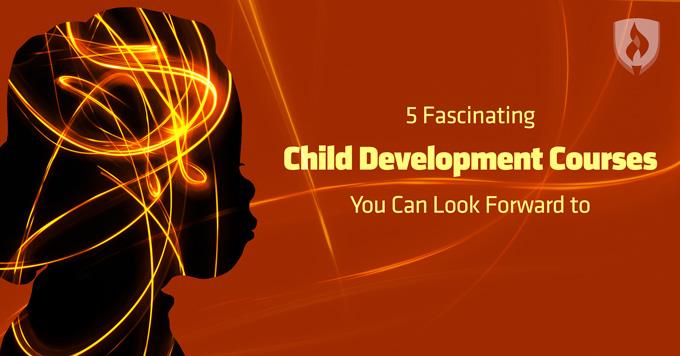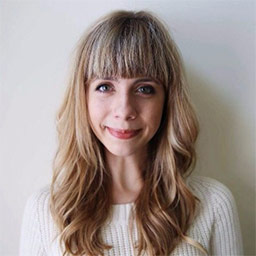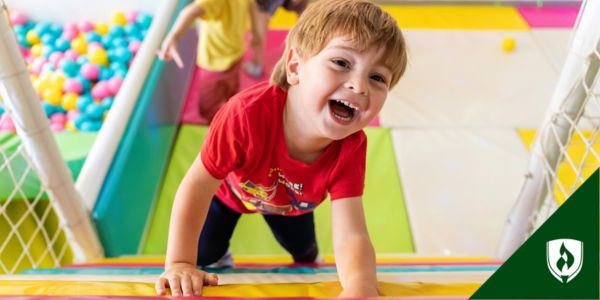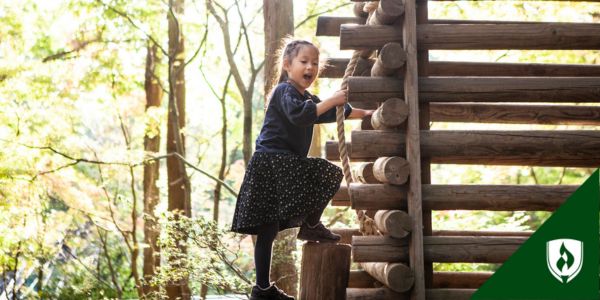
The idea of brightening a child’s future through education has always excited you. Whether you spent your pre-teen years babysitting your neighbors, or you’ve been working in a daycare or childcare setting as an adult, you’ve always known you have a knack for working with little ones. Sure, it’s fun playing games and goofing around, but understanding their development sounds fascinating to you.
If you’re considering going back to school to study child development, you’re probably curious about the types of curriculum you’ll encounter throughout your tenure as a student. What classes will you be required to take? And more importantly, how will those prepare you for your future career?
We connected with Kristen Walley, an instructor for the Rasmussen College School of Education, to give you a sneak peek at some of the child development courses offered in their early childhood education (ECE) programs.
5 child development courses you won’t want to miss
We’re pulling back the curtain to give you a behind-the-scenes look at five fascinating child development courses offered at Rasmussen College. These classes will help enable you to learn skills, develop specializations, practice interactions and take your newfound expertise into the real world to promote healthy child development, a safe environment, and a bright future.
1. Infant and Toddler Development
Those first few years of human development are some of the most influential and critical of one’s life. Life-long learning emerges from solid fundamentals set when a child is small—and this class will equip you to do that! “This course serves as the foundation for responsive, relationship-based curriculum for infants and toddlers, with a focus on research of brain development and the importance of attachment,” Walley explains.
No matter what kind of educator you hope to become, you’ll find a whole host of valuable information to take away from the curriculum included in this course.
2. Observation and Assessment in Early Childhood Education
In order to be a successful and beneficial educator, it’s important to be able to identify what children need—because they’re not always able to tell you verbally! “In this course, students will choose appropriate observation and assessment strategies, while focusing on the planning cycle as it pertains to impacting children's development,” Walley says.
This class will get you up to speed on what areas of growth to look for, how to help a child with his or her unique needs and create opportunities for further healthy development. If you want to stand out from the crowd as an excellent educator, it’s important you’re able to identify the distinctive needs of children through observation and assessment.
3. Dynamics of the Family
Education begins in the home. In order to understand a child and his or her needs, it’s crucial you understand the type of upbringing they’ve had. Families today are faced with all sorts of issues that influence how mothers and fathers parent their children. By exploring the dynamics of the family, an educator will be able to better discern the family’s impact on the child’s growth and development.
“Early childhood educators respect the diversity of each family and must be able to support families if they are to support the whole child,” Walley says.
4. Foundations of Child Development
There’s a lot that goes into shaping and creating an outstanding educator, and this course is a great place to start. From the minute a child exits the womb all the way until he or she approaches middle school and beyond, there’s a host of factors that influence his or her development. In this class, you’ll learn everything from the fundamentals of developmentally appropriate practice to building self-esteem and other healthy foundational psychological constructs in the child.
While learning the basics of child development is important, you’ll also cover the essentials for working with other teachers, communication within the profession and practicing healthy interpersonal skills with parents, students and colleagues.
5. Curriculum and Instruction
“This course examines developmentally appropriate methods for writing, implementing and assessing behavioral objectives, learning experiences and activity goals,” Walley explains.
As an early childhood educator, you’ll be implementing curriculum through your teaching on a daily basis. Many have gone before you, and there are specific requirements for what you teach and how you teach it. Once you learn how to properly implement curriculum, observe, and assess children, you’ll find yourself practicing the typical duties and tasks of a successful ECE professional.
It’s time to develop yourself
Before you can go on to developing the young minds of the future, you must first develop yourself into a well-equipped ECE professional. The path has been laid, now it’s up to you to decide how you’d like to proceed on your path toward your dream career.
Now that you’ve had a taste of these child development courses, are you ready for the main course? Head over to our child development program page to learn more about how we can help set you up for success in the world of early childhood education.
RELATED ARTICLES:




